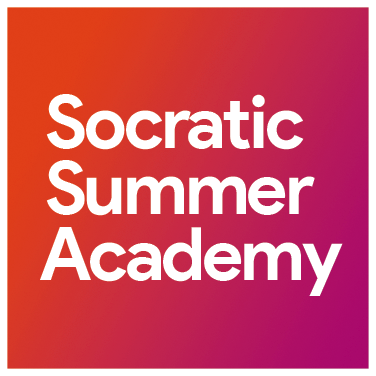High School Students: Use Your Summer to Get Ahead in Reading, Writing, and Math
High School Students: Use Your Summer to Catch up on or Get Ahead in Reading, Writing, and Math
Parents and students have reached out to us, frustrated by not having learned anything in school last year. Many schools transitioning to online instruction were unprepared; many students lost as much as 10 months of school. Stanford economist and education researcher Eric Hanushek believes the amount lost this year "could erase a half-year of achievement" in terms of their education.
Megan Kuhfeld and Beth Tarasawa of NWEA predicted this in April 2020 in “The COVID-19 slide: What summer learning loss can tell us about the potential impact of school closures on student academic achievement.”
“We examined how the observed typical average growth trajectory by grade for students who completed a standard-length school year compares to projections under two scenarios for the closures: a COVID-19 slide, in which students showed patterns of academic setbacks typical of summers throughout an extended closure and COVID-19 slowdown, in which students maintained the same level of academic achievement they had when schools were closed (modeled for simplicity as March 15, with school resuming in fall).”
Their recommendation:
“Making sure all students and families have access to appropriate, engaging mathematics and reading materials, instruction, and support during coronavirus closures is one important way we can prevent opportunity gaps from growing.”
Reading this pronouncement - made in April 2020, before the full effect of missing a half-year of school had hit anyone - AND hearing from parents and students, we realized that we needed to meet these needs.
Parents wanted to either catch up from last year or get ahead on this year, but said “we don’t know what to have them do. We need a curriculum.”
We did the work of putting together what your kids need to focus on to help them get ready for another school year - we did the curriculum work. We know what they need to know - for school, for standardized tests, for college entrance. Trust the experts.
So SSA Online is offering 8 different summer class options - 5 math and 3 reading/writing (a class bundled with a reading/book club). We’ve also had a lot of interest in social justice, so we’ve also created - with a therapist with a masters from UPenn and a Lehigh Counseling Psychology doctoral student - an Exploring Social Justice Issues class.
Parents also said, “I’m not sure if we can commit to a whole course - we are going away for a week.” No problem - we’ve designed each week to be standalone - and those courses where you need some background come with private tutoring included. So you really can buy just the weeks that work for you OR the whole course.
Parents also said, “But you’re also online! How is this any better/different from school?” Yes, we’re also online. Here’s how we’re different from school:
Small class sizes capped at 5 students
Microlearning sessions (12 min magic number for concentrating online - maximum time teachers are talking at the students)
Meeting every day keeps the paintbrush wet
Oxford model: exploratory, experience-based approach
Focus on growth mindset (Carol Dweck, Stanford)
Epiphany-based/strengths-based approach
Retention-focused
Build critical thinking skills
Socratic facilitation/question-driven approach
Teachers experienced with teaching online
You will be amazed at how online learning can work when it’s done by the masters.














